Kelli DePriest and her new baby Walter, along with Katie Spearman and Nasrin Akter are chatting in front of Jay’s Cafe; Dr. Tamar Rodney is nearby pushing toy strollers with Akira and Akila, new PhD grad Reiko Asano’s twins. Along comes Safiyyah Okoye with her three-month-old son, Asa. He’s smiling alot, so the twins run over to peer inside the stroller.
It can be challenging to find harmony in motherhood, work, and pursuing an advanced degree. But Hopkins nurses are built with heart and grit. So here are Katie, Nasrin, Safiyyah, and Kelli—along with Ashley Gresh and Nia Josiah—to reflect on finding balance.
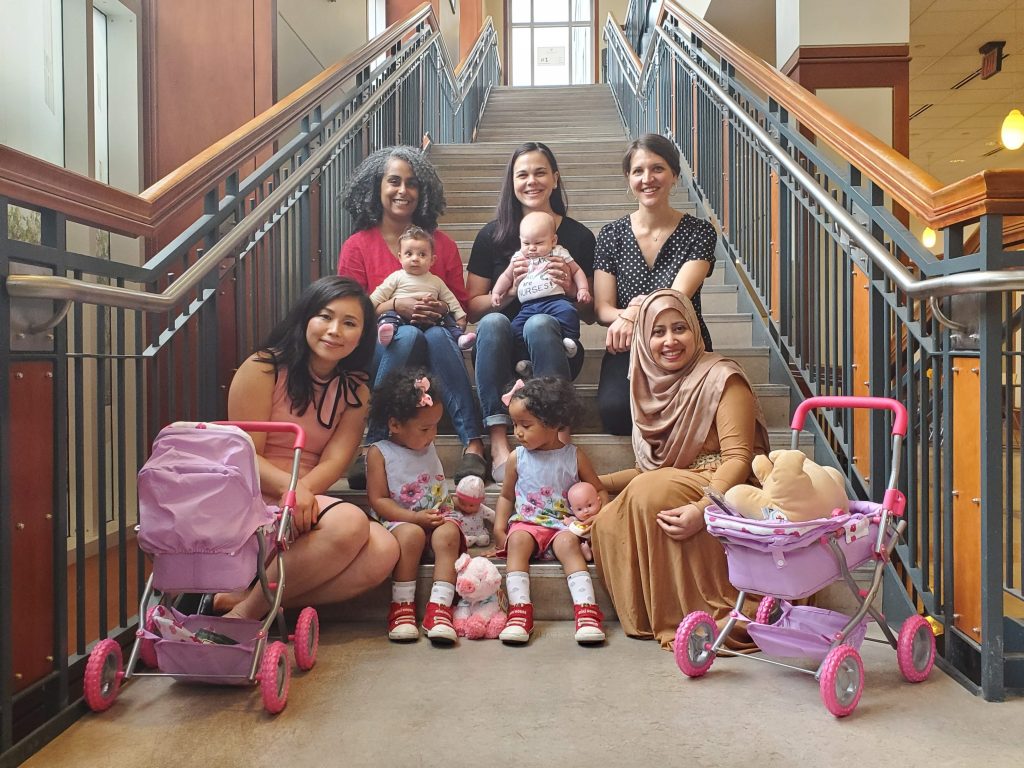
Katie Spearman, MSN (Entry Into Nursing)
 Formerly in finance, Katie spent six years as a stay-at-home mom and then acted on her calling to become a nurse. She’s graduating later this month and heading over to a pediatric ward at Johns Hopkins Hospital, where she feels she’s meant to be.
Formerly in finance, Katie spent six years as a stay-at-home mom and then acted on her calling to become a nurse. She’s graduating later this month and heading over to a pediatric ward at Johns Hopkins Hospital, where she feels she’s meant to be.
From Katie:
As a single mama of three boys making my way through the master’s entry program, I relied on three H’s: Hugs, Humor, and Help.My kiddos are my heart and soul, and my biggest motivation. But it takes a village; my family and friends, who sensed when I needed a hug, a good laugh, or a warm meal, and my Johns Hopkins tribe, who were not only excellent students and study partners, but who also pitched in countless hours of babysitting so that I could make it to clinical.
Safiyyah Okoye, PhD Student
Safiyyah began the PhD program three years ago with an infant “and I’m going to graduate with my three-year-old and another infant!” she says.
From Safiyyah:
Going to school with kids forced me to get really good at prioritizing and managing my time.I could not have been successful without the love and support, in many forms, of my husband Tristan, as well as the wise mentorship of my dissertation advisor Sarah Szanton. My fellow PhD students and mom friends are also amazing; one of my colleagues watched Asa for a couple of hours while I interviewed for a postdoctoral fellowship. I recently was offered and accepted the position! It’s working with the Training Grant on the Epidemiology and Biostatistics of Aging (EBA) at the Johns Hopkins School of Public Health.
Nia Josiah, MSN (Entry Into Nursing)
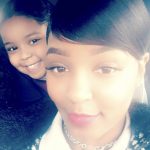 Nia couldn’t make our photo because she was at the zoo on her daughter Séia’s field trip. Nia’s balancing motherhood, a rigorous master’s program, and two jobs, but “My spirituality and sense of divine purpose to serve as a nurse keep me going,” she says.
Nia couldn’t make our photo because she was at the zoo on her daughter Séia’s field trip. Nia’s balancing motherhood, a rigorous master’s program, and two jobs, but “My spirituality and sense of divine purpose to serve as a nurse keep me going,” she says.
From Nia:
This program is challenging, but I understand my position in the Universe, accept that adversity is part of the journey, and know that I am fulfilling a dream that is greater than myself. We are not here by happenstance. We are here by Divine order.The hard part comes to an end, but the art is mastering how to stay present in the now. I’m taking advantage of every waking opportunity—office hours, the Academic Success Center, joining a club, or attending a workshop—because absorbing the complete Hopkins experience is pertinent to success.
Above all, my daughter is my greatest motivator. It brings me great joy to pave the way for her and other African Americans to climb the ladder, and I can’t wait to pass the torch!
Nia’s tips:
#1 Create a support system
I’m in constant communication with my professors, advisors, mentors, the Academic Success Center, and a few friends in my cohort, and they have helped me immensely.#2 Take a break
I make sure to give myself time to be alone with my Creator, to connect with friends and family on the weekend, and I spend any spare time decompressing by reading novels or taking walks in the park.
Kelli DePriest, PhD Student
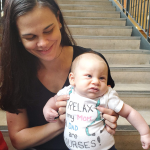 Kelli and her husband are both in the PhD nursing program at Johns Hopkins. She came off maternity leave last week and now her mother is in town to help them care for baby Walter. With her mom for back up, Kelli just finished submitting a manuscript.
Kelli and her husband are both in the PhD nursing program at Johns Hopkins. She came off maternity leave last week and now her mother is in town to help them care for baby Walter. With her mom for back up, Kelli just finished submitting a manuscript.
From Kelli:
My colleagues at the School of Nursing are incredibly helpful. Last week, my friend Erin from the PhD program came over to babysit so that I could take a conference call.In my cohort I have midwives, nurse practitioners, and other parents who answer my first-time-mom questions that range from postpartum healing, to breastfeeding, to sleep training, and baby rashes. My community here has been priceless as I take on this new “mom” role.
Nasrin Akter, MSN (Entry Into Nursing)
Emigrating from Bangladesh was a rollercoaster of ups and downs. A physician in her country, Nasrin’s credentials didn’t travel. She started over, but this time fighting a cancer diagnosis. Her nurses’ compassionate care convinced her to pursue nursing as opposed to medicine, and Nasrin will graduate in August. She will follow her calling and earn a DNP after she works as an RN for two years.
From Nasrin:
It’s challenging to have a seven years old daughter, be a student, work, and fight cancer. But I have learned that you can overcome problems that seem insurmountable if you are flexible in your approach and dedicated to your passion.For me, I have to be optimistic and open-minded to be successful and happy. My daughter lives in North Carolina with her father. I miss her a lot; sometimes I get emotional and cry. But it is a short-term hardship for long term benefit. We FaceTime frequently, laughing with her makes my day. And everyone at the School of Nursing is very supportive; I can tell that this is my other “home.”
Nasrin’s tip:
Do not hesitate to ask for help. You might not be able to return someone’s help at the moment, but your smile and heartfelt gratitude may make their day.
Ashley Gresh, PhD Student
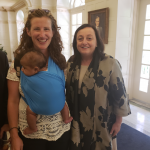 Ashley is a midwife and the inaugural Global Women’s Health Fellow. Here she is with her son Kobe, then a newborn, at the fellowship reception. Kobe’s more than a reception date, he’s an honorary member of Ashley’s PhD cohort. “Kobe started the PhD program with me when he was eight weeks old. He came with me to every single class—he had perfect attendance!” Ashley says.
Ashley is a midwife and the inaugural Global Women’s Health Fellow. Here she is with her son Kobe, then a newborn, at the fellowship reception. Kobe’s more than a reception date, he’s an honorary member of Ashley’s PhD cohort. “Kobe started the PhD program with me when he was eight weeks old. He came with me to every single class—he had perfect attendance!” Ashley says.
Ashley (and Kobe) missed the picture because they’re in India right now working on her fellowship. He’s ten months old now and adapting well. “I’m excited to expose him to diverse settings and cultures as he grows up,” Ashley says.
Stronger Leaders, Better Health Care Teams
From Ashley:
I was on my own until Kobe was five months old, we were waiting for my husband to get a visa. In that time, my Johns Hopkins community supported me so much! They allowed me to bring Kobe to class and to meetings, which made breastfeeding easier.There was one time in class when it was my turn to do a presentation. Kobe was nursing, and I just stood up and presented while breastfeeding! That moment symbolized juggling it all, and I felt so grateful for my cohort that is so supportive of me and who shows such love for Kobe.
It’s not easy. There are many, many sleepless nights. But it is so worth it.
Nia, Ashley, Kelli, Reiko, Katie, Nasrin, and Safiyyah are just a snapshot of the many students, faculty, and staff moving in their purpose while little eyes are watching.
Nurse moms, almost nurse moms, and moms who love nurses, happy Mother’s Day.
Read more:
- Ashley’s Story: Stronger Leaders, Better Health Care Teams
- Kelli’s Story: Health Disparities Open Eyes
- Reiko’s Story: For Ticker Tracker, a Change of Heart
- Almost a DNP with Two Kids Under 3
Degree programs:
- Master’s of Science in Nursing (MSN) Programs
- Doctor of Nursing Practice (DNP) Programs
- PhD in Nursing
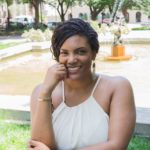
ABOUT THE AUTHOR: SYDNEE LOGAN
Sydnee Logan is the Social Media and Digital Content Coordinator for Johns Hopkins School of Nursing. She shares what’s going on here with the world.

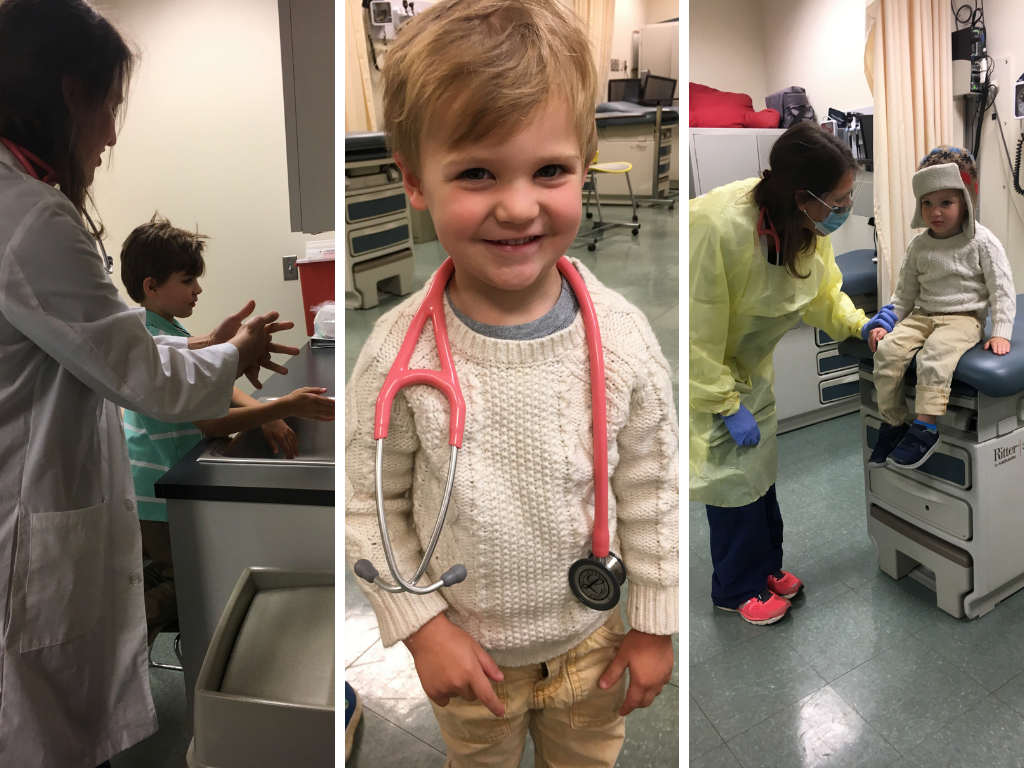
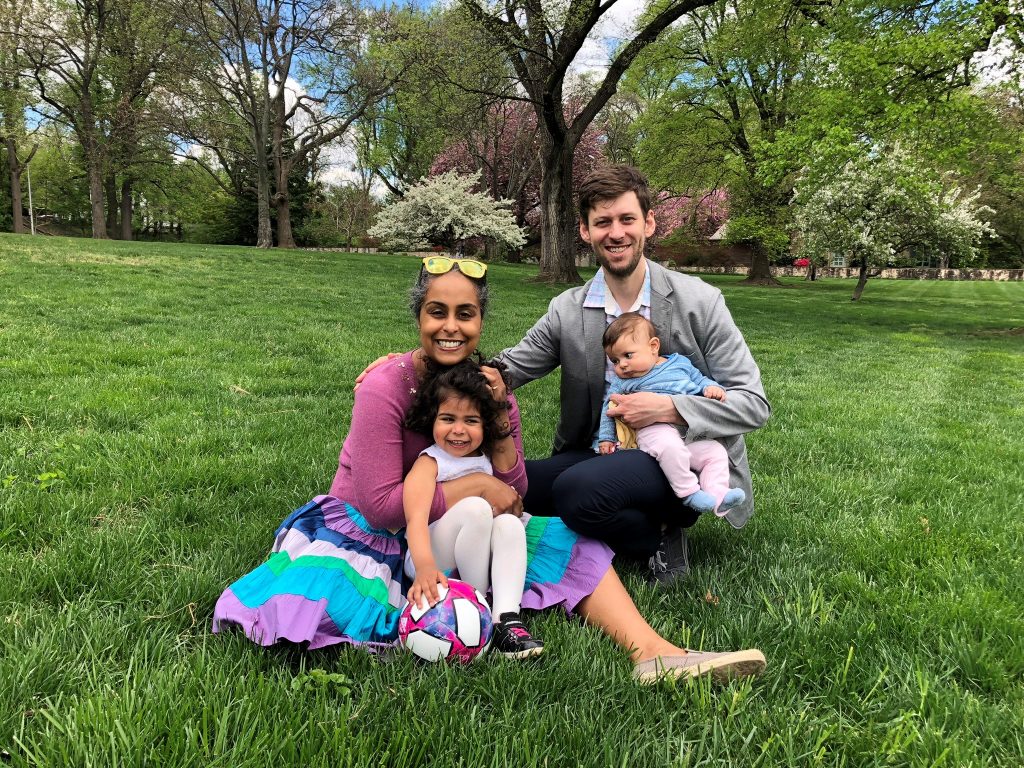
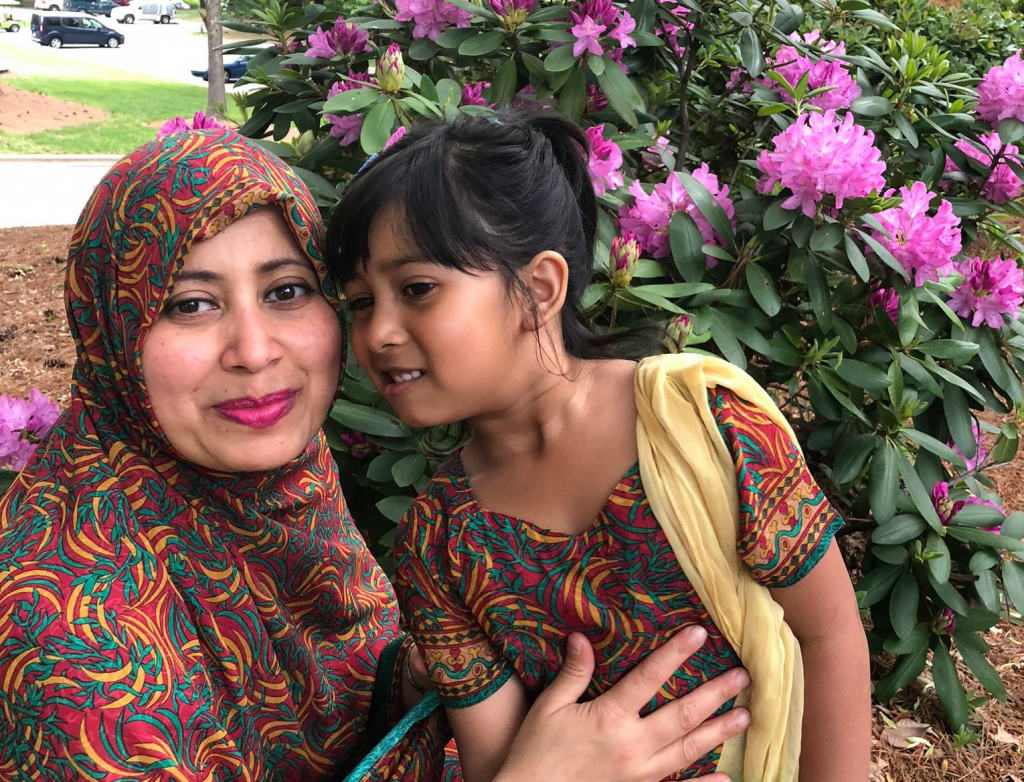
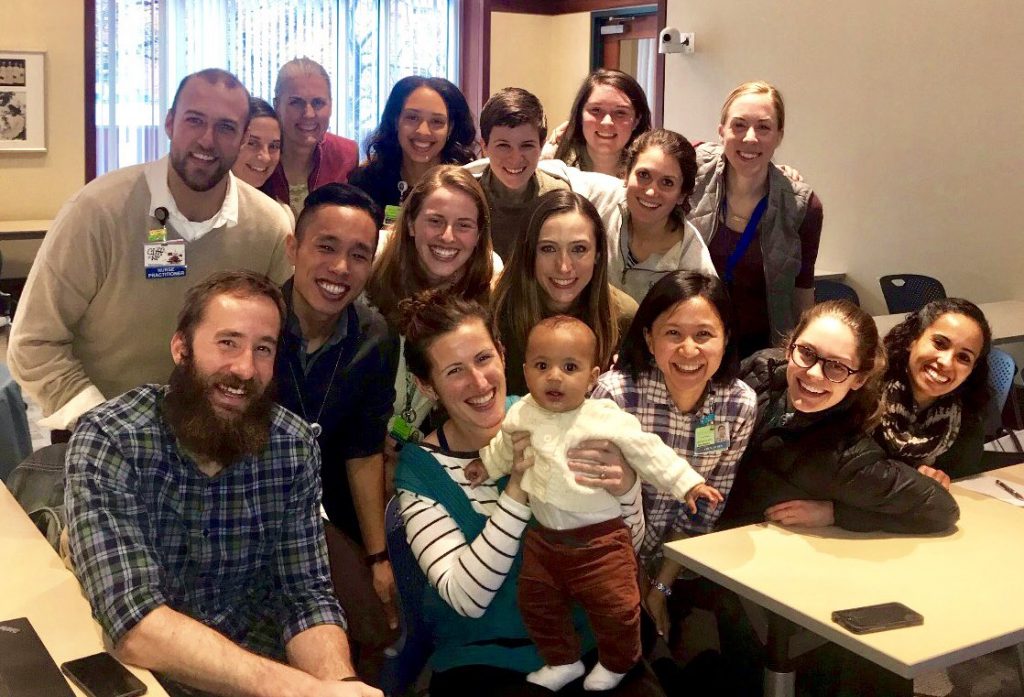
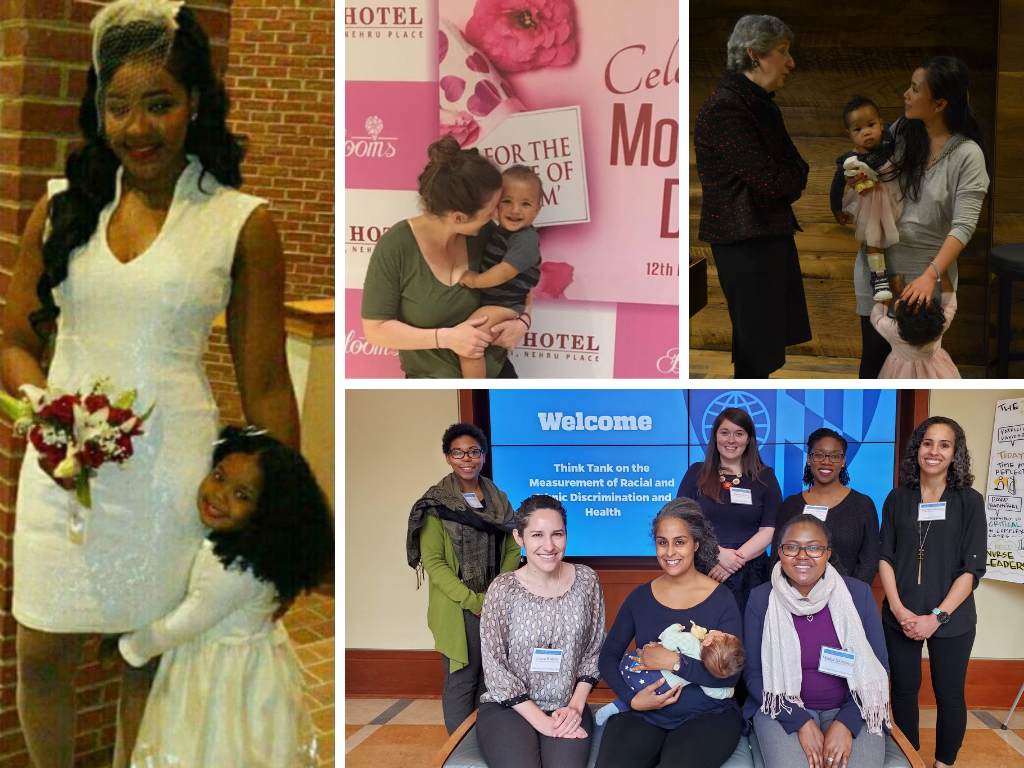
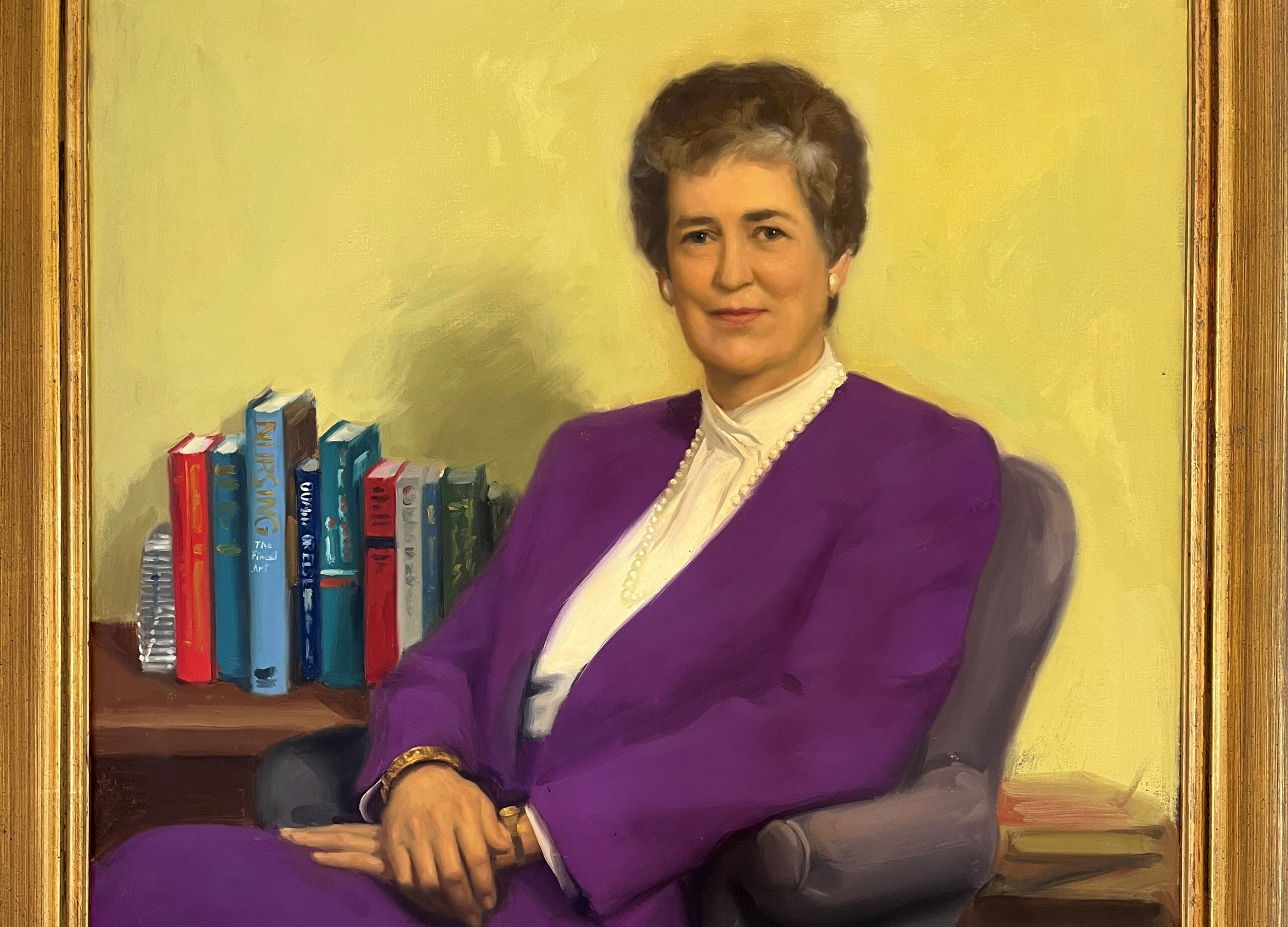 Remembering Carol Gray, First Dean of JHSON
Remembering Carol Gray, First Dean of JHSON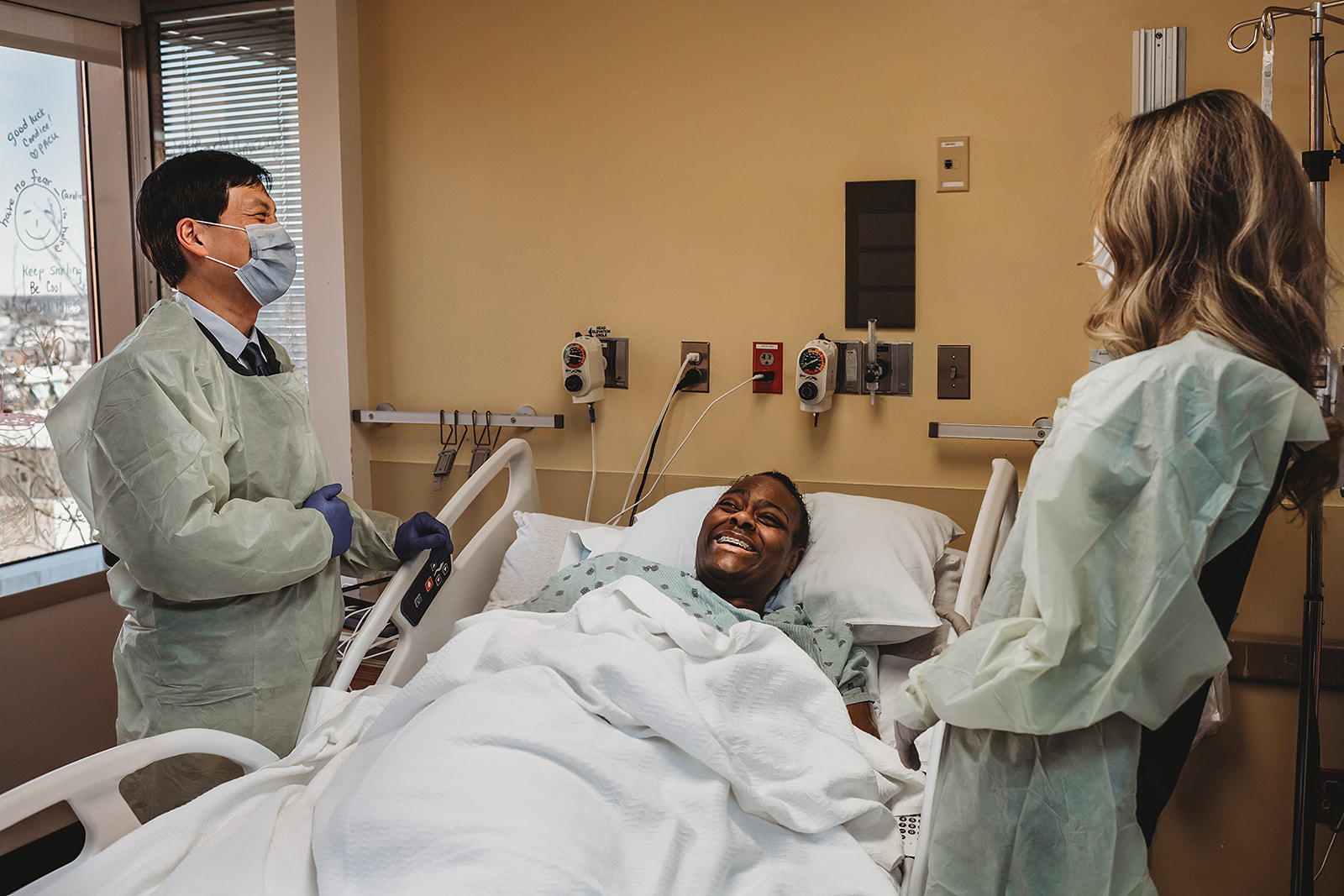 ‘Helpful, Powerful, Kind’ Palliative Care
‘Helpful, Powerful, Kind’ Palliative Care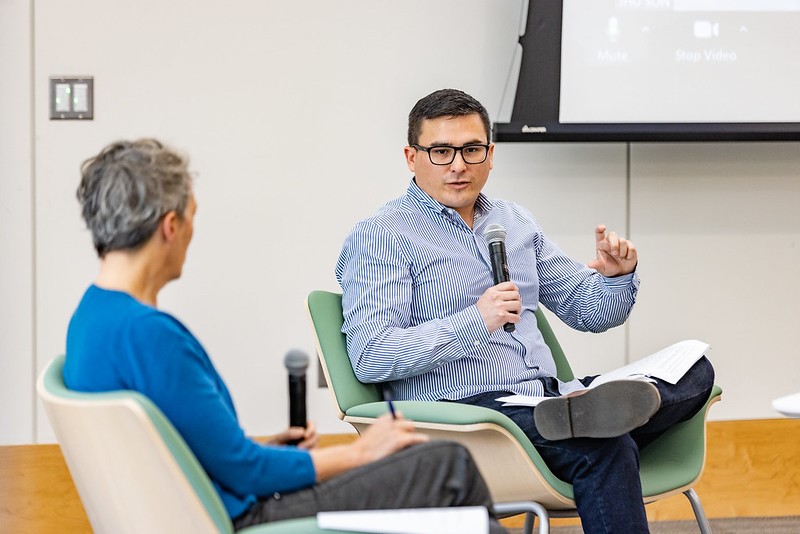 Just Getting Started: Alum Fernando Mena-Carrasco Back for PhD
Just Getting Started: Alum Fernando Mena-Carrasco Back for PhD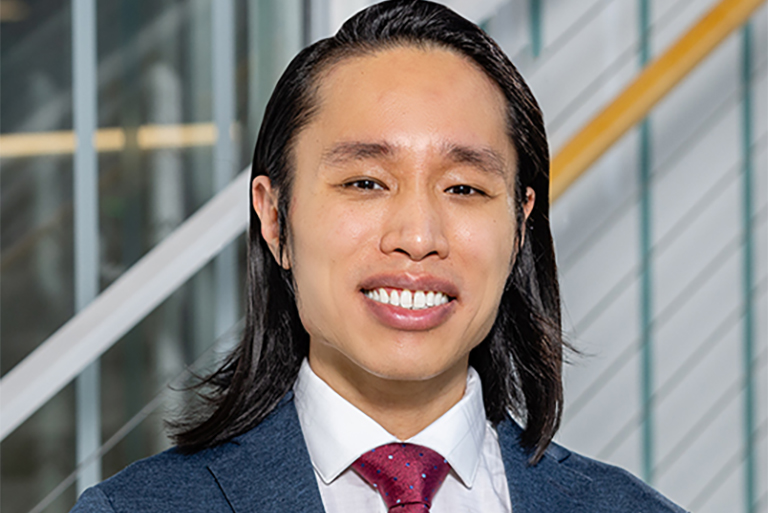 PhD Student Jonathan Suen Joins Bouchet Honor Society
PhD Student Jonathan Suen Joins Bouchet Honor Society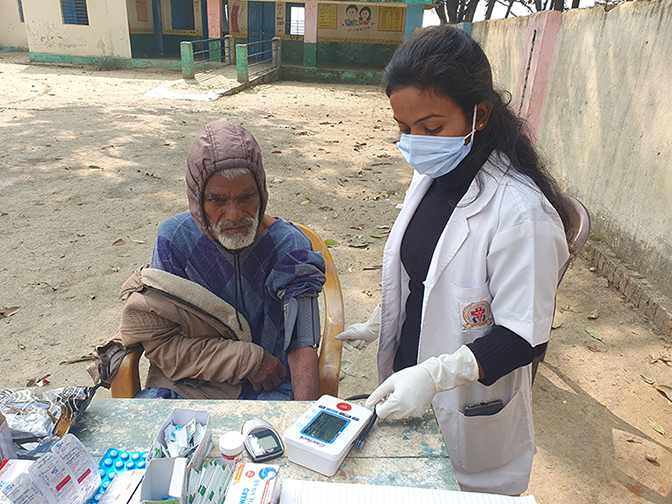 In India, Breast Health Via Wellness Centers
In India, Breast Health Via Wellness Centers 







